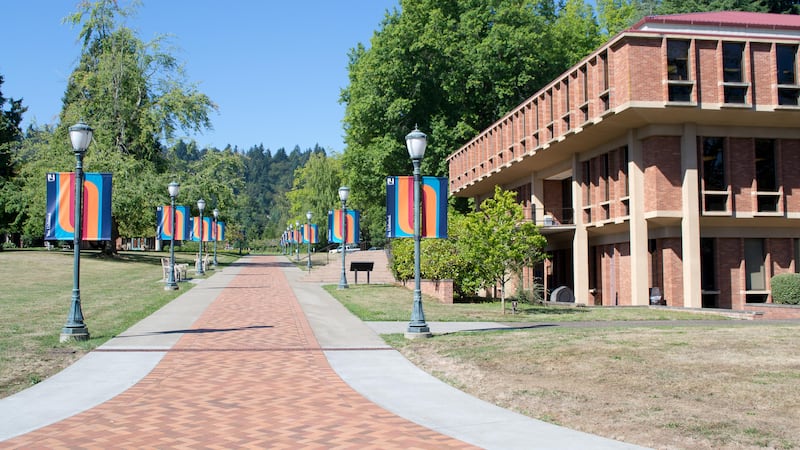As a group of faculty engages in a last-ditch effort to reverse the closure of Marylhurst University, some of the problems that led to the abrupt announcement are becoming clearer.
Last week, WW first reported that the 125-year-old institution would shutter at the end of the spring semester. Under President Melody Rose, revenues plummeted 27 percent from 2014 to 2017, the result of declining enrollment, while expenses barely budged.
This year, the university moved to increase revenues, publicly announcing a partnership with a Portland coding school called Epicodus. The idea was that Epicodus, an unaccredited vocational school, would piggyback on Marylhurst's accreditation to offer a 27-week course with credits that could then be transferred to another college or university.
Marylhurst budgeted for $1.2 million in new revenue in fiscal year 2018 from the program (of which it would give Epicodus 44 percent), but university officials say federal funding for Epicodus failed to materialize after President Donald Trump took office. A new hospitality training program, slated to bring in another $200,000 in new revenue, also failed to launch.

The only good news: Northeast Portland's Concordia University announced Monday it will guarantee Marylhurst students in good standing admission and a 50 percent discount on Concordia tuition until they finish their degrees.
"We want to support all students in earning their degrees," says Concordia spokeswoman Madeline Turnock. "I think Marylhurst would have done it for Concordia students."
